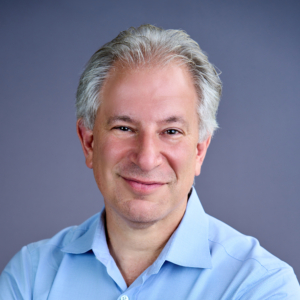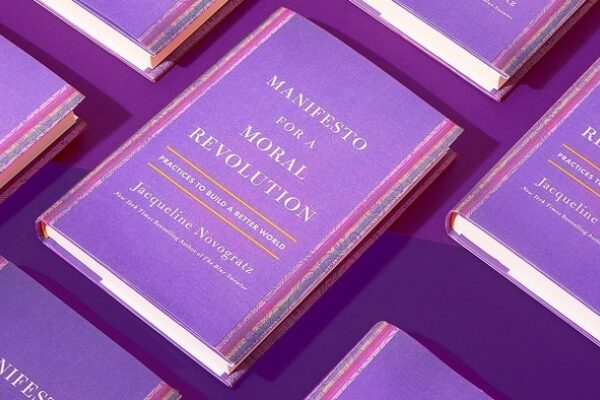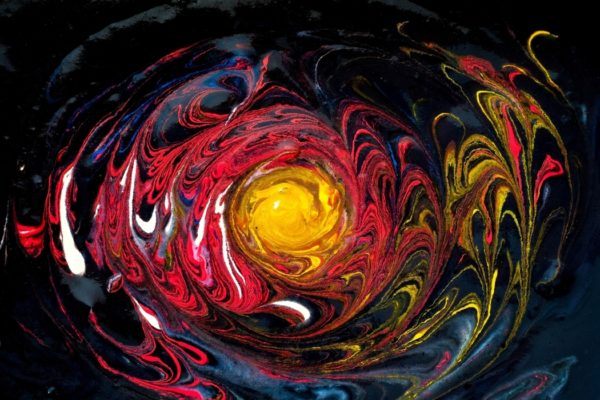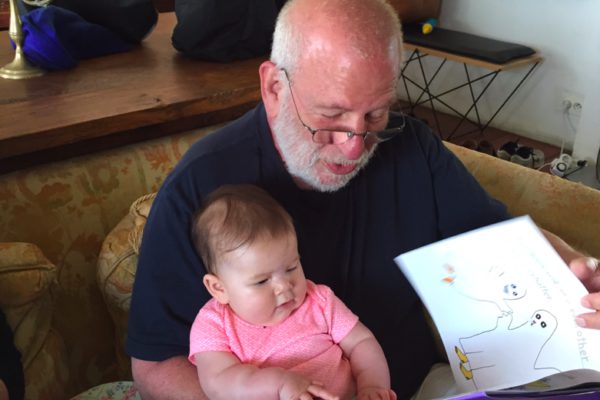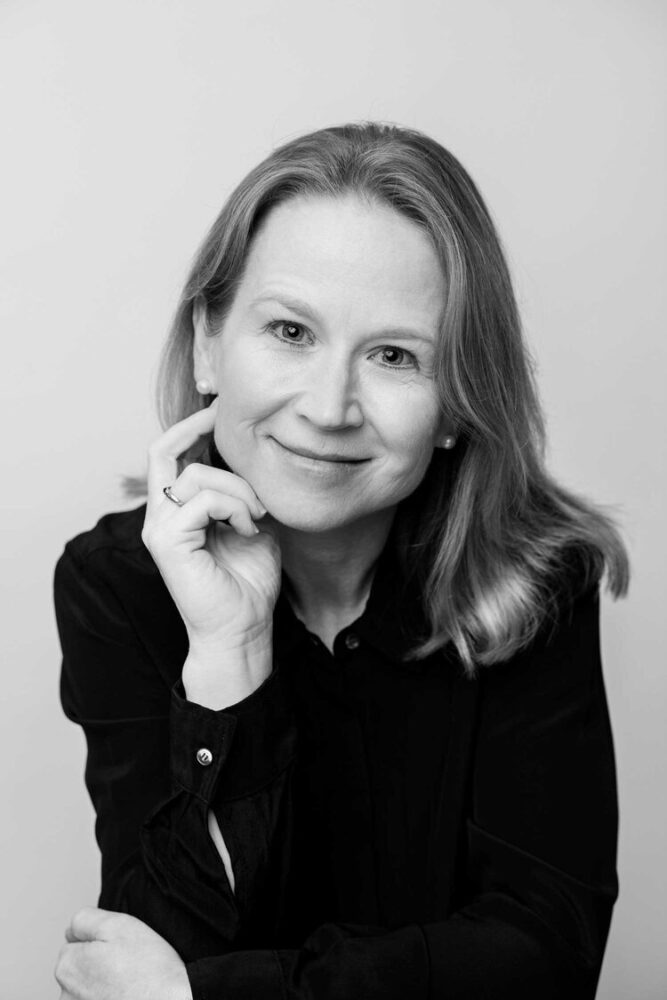
One of the books that’s often by my bedside, Vincent Deary’s How We Are, begins:
We live in small worlds. At the beginning of most movies we are shown a status quo…. We are shown a routine and comfortable life, a small world, one that is soon to end. In screenwriting parlance, this normal, soon-to-be-over world is known as Act One, and the “inciting incident” is the event that precipitates the move into Act Two, into the war of change and adjustment. And usually we prefer to maintain ourselves in this status quo, in comfort and predictable ease. It takes a lot to get us out of that – a compelling call, an overwhelming imperative. Or maybe we are pushed. But sometimes it happens. Things change. The movie-makers like to end Act One fairly quickly and get stuck into the spectacle of change and adjustment. That’s where the drama is, that’s what we pay to see.
In life… the balance is different. Our Act Ones, our normal lives, tend to last for longer. We like it that way. We are creatures of habit and we live in worlds small enough for us to come to know their ways and to establish familiar ways within them. Unless we are uneasy, unless something disturbs us from within or without, we tend to work to keep things the way they are….
In the flow of Act One, we’re intensely absorbed by the sheer amount of effort it takes to address the multitude ways in which our small worlds are out of the order that we imagine must be restored: the deadline about to be missed, the worried client, the child leaving too much of his salmon on his plate.
We know this flow can, at any moment, be interrupted. The larger world overruns the boundaries of the order we’ve so carefully maintained. Things fall apart; the plot changes. Those are the moments at which we find out whom we are. Those are the moments in which we learn the powers and the limits of the selves we’ve built.
Suppose, however, we could accept an ambassador from our own future. Suppose this ambassador could enter the well-ordered lanes of our small world, and invite us into a dialogue about what will be, what could be and what might be. What would we give for this conversation? How would it change us?
My friend April Rinne has set out to be just such an ambassador.
Her new book Flux, released today, begins with the interruption of her world. On the fifth of June before her final year of college, both her parents were killed in a car accident.
Twenty seven years later, like stone that’s been worn by water until it takes the shape of a cathedral’s spire, Flux makes of the sudden, random, world-breaking specificity of this event a human universal. April writes:
Each and every one of us, for our entire lives in some way has been following a script. There’s not one script, of course: there are myriad scripts, each unique to one’s own experience, though this can be hard to remember sometimes – especially if you feel stuck inside your own head, just trying to get through the day as more change bangs on the door and walks in, uninvited….
Whatever the case, the old scripts broke…. Old ways of being and seeing the world tend to stick around long after they’ve lost their utility. They’re still in our consciousness, and we still make decisions according to outdated filters because we haven’t actually swapped them out yet.
And this is where Flux comes in. Individually and collectively, we are in the early stages of writing a new script that’s fit for a world in flux.
While the old script was written by others for you to follow, the new script is written by you, for you to become. Your new script contains what grounds you and orients you and makes you, you – even when everything else changes.
That’s what the ambassador from the future, the emissary from the larger world into our smaller one would open us into. Not a prophecy, not a set of facts that we must know about the time to come, simply an invitation. An invitation to be the version of our selves who might keep faith with what’s most worth holding onto, while crossing the bridge into what we can only come to know by being there.
Coming to us on the shiny green wings that our ambassador should have, April gives us a verb to enact, which fittingly enough she finds on an adventure travel blog. Coddiwomple: to travel in a purposeful manner towards an as-yet-unknown destination.
What, then, are the principles for coddiwompling? How should we travel?
Flux is organized around a list of eight superpowers. These superpowers involve the flipping of scripts that April argues we’ve outlived. Get Lost, April tells us. Run Slower. See What’s Invisible. Let Go of the Future.
My own model for reading April’s book was to treat it as an occasion to accept the ambassador, not simply April herself, with the many gifts she has to bring, but my own ambassador, bringing news into my own small world. In meeting the ambassador, one should listen first and most to those messages that challenge scripts deeply embedded. For me, the idea of letting go of the future asked for just this kind of attention.
April quotes Dr. Judson Brewer of Brown University’s Mindfulness Center, writing in of all places the Harvard Business Review:
Do what needs to get done today, and then take care of tomorrow, when it comes: tomorrow. When it comes to information, the closer to now you stay, the more clearly you will be able to think.
I spend many of my waking hours trying to do just the opposite. Among the things I’m most proud of is the ability to assert a future not yet manifest, work backwards from that future, build a map, and marshal action to create what previously wasn’t there. Incandescent is one such quest, and at the beginning of every year, I write a 20 or 30-page letter that pictures in detail what the work of the coming year should be and how that fits into the longer arc of our endeavor, which my team and I revisit every quarter, reflecting on where we’re moving forward and where we’re getting stuck. The point isn’t to treat the letter as scripture, following each point with high fidelity, but to have a picture that we’re working from – a picture that’s strong and vivid enough that when that picture isn’t manifesting, our first response is to think about how we might find a way, rather than to consider doing something else entirely.
And yet: what might the ambassador have to tell me about this?
April cites neuroscientist Amishi Jha: “The mind is great at time travel.” Of course this isn’t a gift to reject. The danger is that we spend our days largely living in the future and the past. With the negativity bias built into our cognitive wiring, we are at risk of anchoring too much in a catalog of shoulds: the litany of ways the past isn’t what it should have been and the future isn’t on track to be what we think it should be. When we’re beset by worries about all this and try to stop worrying, we fall prey to ironic mental processing: “when we try to avoid thinking about something, our brain tries to help us not think about it by constantly checking in with us to see if we’re thinking about it.”
Since passivity and disregard aren’t attractive alternatives, consider non-attachment. April quotes Lao Tzu: “If you realize that all things change, there is nothing you will try to hold onto.”
The ambassador has flown away on her green wings, and I’m left here in my small world, sitting at my keyboard, contemplating stances toward the future, like a child tearing petals from a daisy, one by one – strive; let go; strive; let go – wondering which petal shall be last.
What would it mean to be left with non-attachment? April, herself both a woman of action and a futurist, writes: “Seeing the future… as more akin to water: pliable, yielding, taking the shape of its container, impossible for human hands to hold for long. A form that is at once gentle and supple, and yet carve through prehistoric rock.”
Here is what I have to say back to the ambassador:
All opposites are unities.
You’re right. I’m too much attached. Too clenched in my relationship with the future: treating it too much as property to be secured, too little as an unfolding invitation.
And still: the gift I’ve been given is this mind and soul that lean forward into what isn’t, yet.
I love your words – the future “taking the shape of its container.” I’m a maker of containers. There are pianists and surgeons and tightrope walkers. Why not that?
And, like for my children at bathtime, the container must become simply part of being at play, there in the water of today unfolding, of tomorrow coming to be.
Doing what can be done just now -- and taking wonder in it.
One of my earliest posts on this blog, titled On and Against Striving, shared Louise Gluck’s poem “Parable.”
When my hardcover copy of Flux arrives, I’ll place it between Deary’s How We Are and the Gluck’s Faithful and Virtuous Night. I’ll read “Parable” again and reflect on my hours spent with April’s book and my conversation with the ambassador.
These lines from Gluck that state better than I could the meaning I’ve taken from my hours with April’s book and my conversation with the ambassador, from which I’ve emerged “still preparing to begin a journey, but… changed nevertheless.”
Parable
First divesting ourselves of worldly goods, as St. Francis teaches,
in order that our souls not be distracted
by gain and loss, and in order also
that our bodies be free to move
easily at the mountain passes, we had then to discuss
whether or where we might travel, with the second question being
should we have a purpose, against which
many of us argued fiercely that such purpose
corresponded to worldly goods, meaning a limitation or constriction,
whereas others said it was by this word we were consecrated
pilgrims rather than wanderers: in our minds, the word translated as
a dream, a something-sought, so that by concentrating we might see it
glimmering among the stones, and not
pass blindly by; each
further issue we debated equally fully, the arguments going back and forth,
so that we few, some said, less flexible and more resigned,
like soldiers in a useless war. And snow fell upon us, and wind blew,
which in time abated – where the snow had been, many flowers appeared,
and where the stars had shone, the sun rose over the tree line
so that we had shadows again; many times this happened.
Also rain, also flooding sometimes, also avalanches, in which
some of us were lost, and periodically we would seem
to have achieved an agreement, on canteens
hoisted upon our shoulders; but always that moment passed, so
(after many years) we were still at that first stage, still
preparing to begin a journey, but we were changed nevertheless;
we could see this in one another; we had changed although
we never moved, and one said, ah, behold how we have aged, traveling
from day to night only, neither forward nor sideward, and this seemed
in a strange way miraculous. And those who believed we should have a purpose
believed this was the purpose, and those who felt we must remain free
in order to encounter truth felt it had been revealed.
* Photo source: April's website
